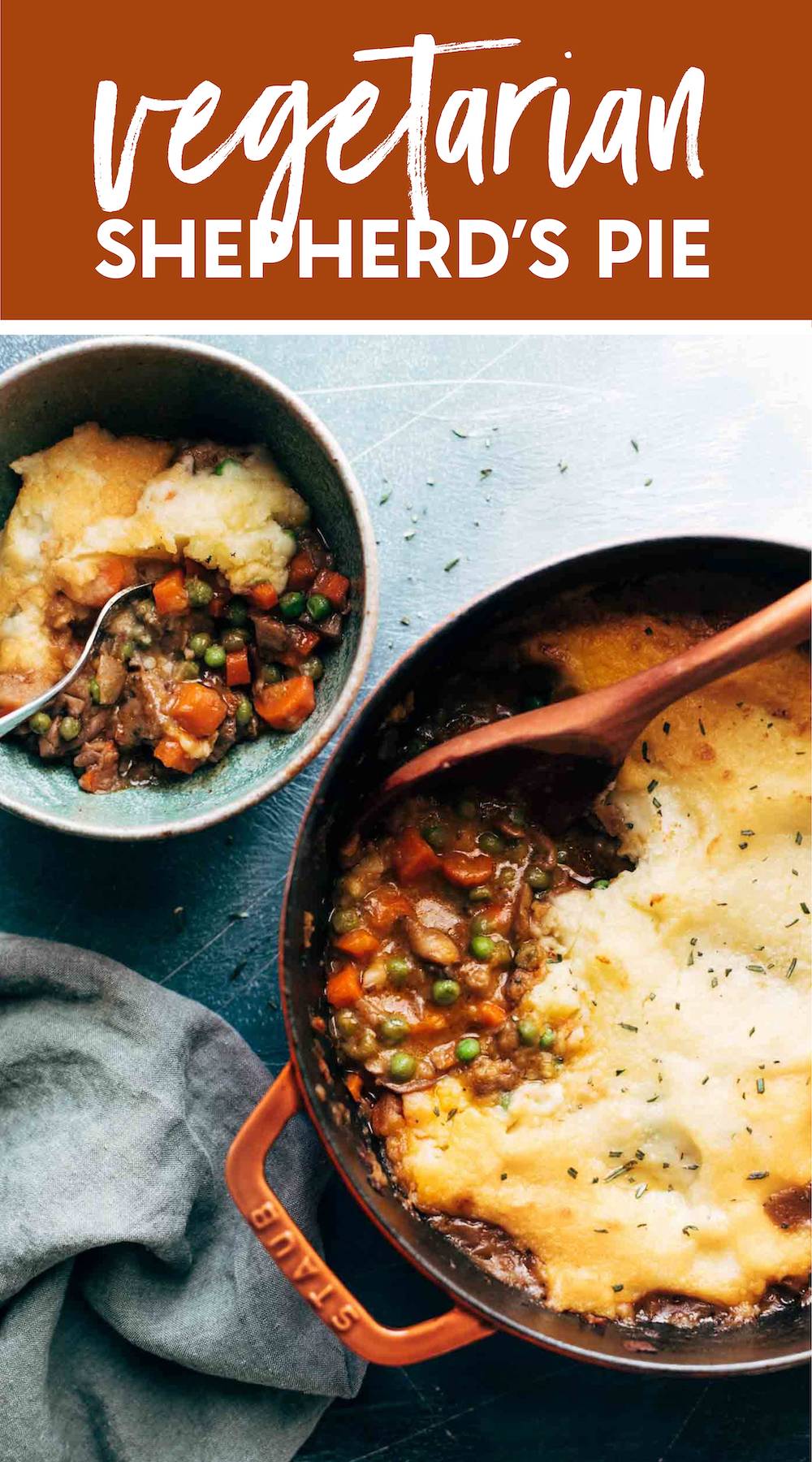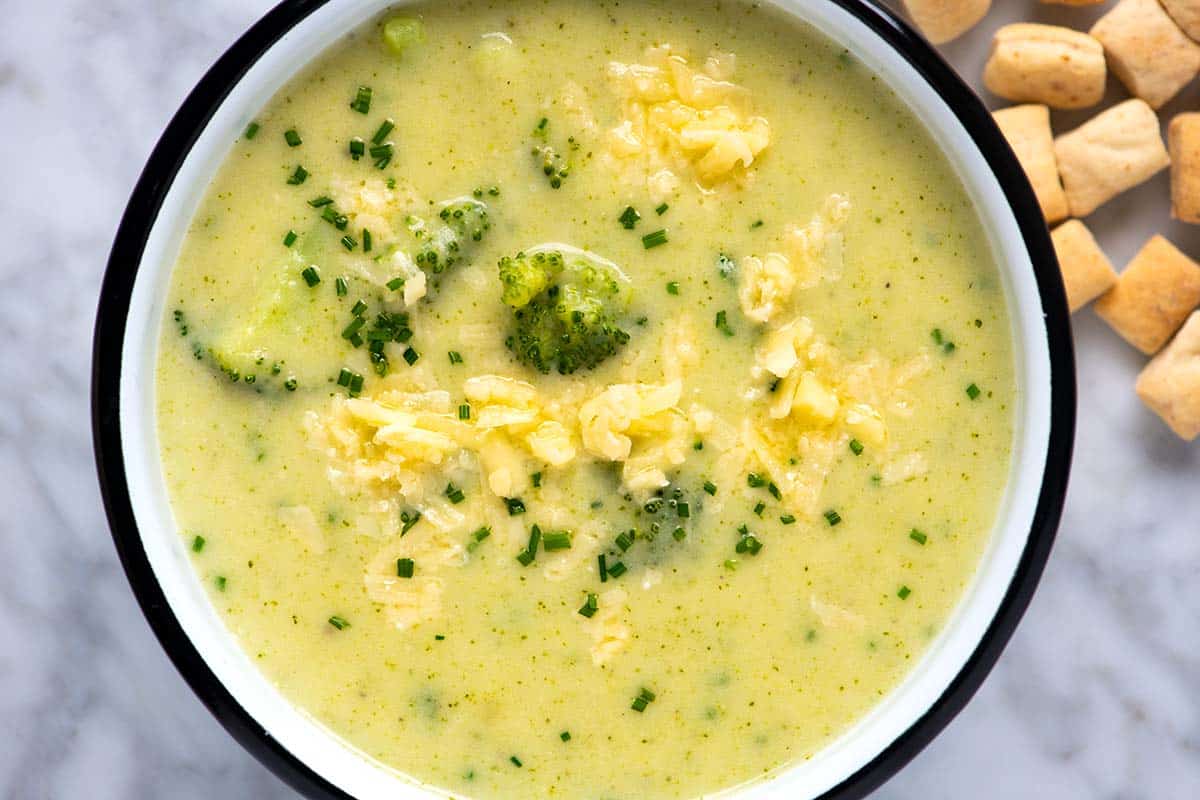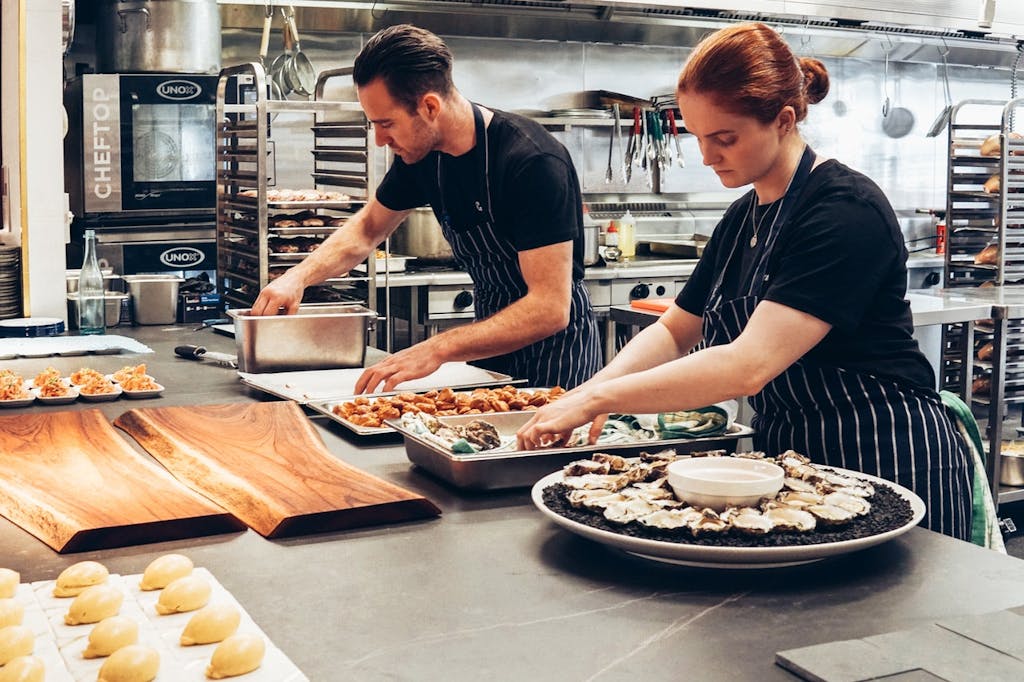Why food can be an entry point for learning about Black history on Juneteenth
[ad_1]
On Diet
Juneteenth is now an formal town, state and federal holiday — and the only holiday that addresses the United States’ background of slavery and systemic racism. Even though Black Individuals have long celebrated Juneteenth, like lots of white Us residents, I only realized of Juneteenth a couple of years back, many thanks to the “whitewashing” of most background textbooks. Now that Juneteenth has gone mainstream, how can white people celebrate and honor this day and its heritage? By finding out, listening and decentering ourselves, I consider.
Also recognized as Emancipation Working day, Juneteenth celebrates June 19, 1865, the day that enslavers in Galveston, Texas, ended up forced to no cost enslaved Black persons. This was 2 1/2 years following the Emancipation Proclamation took impact and more than six months soon after the 13th Amendment abolishing slavery in all states was handed by Congress. Black Texans commenced celebrating Juneteenth (then named Jubilee Working day) the following 12 months, and it gradually unfold to other states.
Instead of “celebrating” Juneteenth, for each se, possibly white people should really “commemorate” this day by viewing it as an possibility to master about Black lifestyle and racial inequality and study our personal acutely aware or unconscious anti-Black biases. (Like it or not, we all have biases, and we cannot defeat them if we can not acknowledge them.) You could also guidance Black-owned firms or make a donation to the Northwest African American Museum or other Black companies.
Some foodstuff for thought: If you are a white man or woman attending a Juneteenth celebration with a diverse group, retain in head that Black attendees may well want to merely celebrate, not teach. Fortunately, we have plentiful methods for educating ourselves.
Black record is American heritage, and you can learn a great deal about people today, their record and their society, by understanding about their food stuff. That’s just one particular rationale to enjoy the initially period of the Netflix restricted sequence “Large on the Hog: How African American Cuisine Remodeled America,” centered on the book of the very same title by James Beard Award-successful culinary historian, professor, cookbook author and journalist Jessica B. Harris. As Harris notes, in the to start with episode, “Through food, we can uncover out that there is a lot more that connects us than that separates us. What we try to eat and what we uncover brings us together.”
Hosted by foodstuff writer Stephen Satterfield, “High on the Hog” lastly places to rest the sweet potato compared to yam confusion, additionally so a great deal much more, as it will take viewers from West Africa (where by Africans ended up trafficked to the New Globe by means of the trans-Atlantic slave trade) to Charleston, South Carolina, (in which many slave ships landed) to the estates of Thomas Jefferson and George Washington (and their enslaved cooks James Hemmings and Hercules, the former of which you can thank for french fries and macaroni and cheese) and finally to Texas, where by Juneteenth begun. As Satterfield comments when in Benin, “We’ve experienced to have an understanding of where we occur from in buy to have an understanding of ourselves. And the story of meals is also the story of who we are.”
There are so several outstanding African American cookbooks by Black authors, it’s hard to select just a several. I have under no circumstances savored — or acquired additional from — a cookbook’s intro additional than I did the intro to “Jubilee: Recipes from Two Hundreds of years of African American Cooking” by historian, food items journalist and cook Toni Tipton-Martin. Even superior, each recipe is related to a tale that Tipton-Martin unearthed in her decades of analyze of African American foodways. “Jubilee” won the James Beard Award for ideal American cookbook in 2020, and her previous e book, “The Jemima Code: Two Centuries of African American Cookbooks” — which highlighted the stories of African American cooks who developed significantly of what we consider American cuisine right now — gained a 2016 James Beard Award for reference and scholarship.
Also instructional, and mouthwatering, is “Sweet Household Cafe Cookbook: A Celebration of African American Cooking” by Albert G. Lukas, supervising chef of Sweet Residence Café at the Smithsonian Countrywide Museum of African American History and Society, and “High on the Hog’s” Harris. The book’s recipes replicate a broader point of view of Black cooking in The united states, drawing from the culinary traditions of Africa and the Caribbean, and how they mingled with the culinary influences of Indigenous peoples and immigrants — like initial European colonists — from all around the entire world.
Two guides with couple of recipes but interesting historical past are the 2018 James Beard Basis Reserve of the 12 months “The Cooking Gene: A Journey As a result of African American Culinary Heritage in the Aged South” by culinary and cultural historian Michael W. Twitty, and “Soul Food items: The Stunning Story of an American Delicacies, A single Plate at A Time,” by foodstuff author, attorney, and qualified barbecue decide Adrian Miller, which won a 2014 James Beard Award for reference and scholarship.
Other nonfood guides that I have located handy in filling gaps in my have schooling include “How To Be an Antiracist” and “Stamped From the Commencing: The Definitive Heritage of Racist Suggestions in America” by Ibram X. Kendi, “The New Jim Crow: Mass Incarceration in the Age of Colorblindness” by Michelle Alexander, “The Heat of Other Suns: The Epic Story of America’s Excellent Migration” by Isabel Wilkerson, “The 1619 Challenge: A New Origin Story,” by Nikole Hannah-Jones and The New York Occasions Magazine, “Fearing the Black Entire body: The Racial Origins of Fats Phobia” by Sabrina Strings, “Belly of the Beast: The Politics of Anti-Fatness as Anti-Blackness” by Da’Shaun L. Harrison, and “Homegoing: A Novel” by Yaa Gyasi.
Last but not least, while you’re on Netflix, I advocate the 2016 award-profitable documentary “13th” by Ava DuVernay, who also directed “Selma” (a further good viewing preference). It analyzes the criminalization of African Americans as a loophole to the 13th Modification to the U.S. Constitution, which abolished slavery. Hard to enjoy — but vital to view.
[ad_2]
Resource link




:max_bytes(150000):strip_icc()/types-of-engagement-ring-settings-guide-2000-86f5b8f74d55494fa0eb043dee0de96e.jpg)

